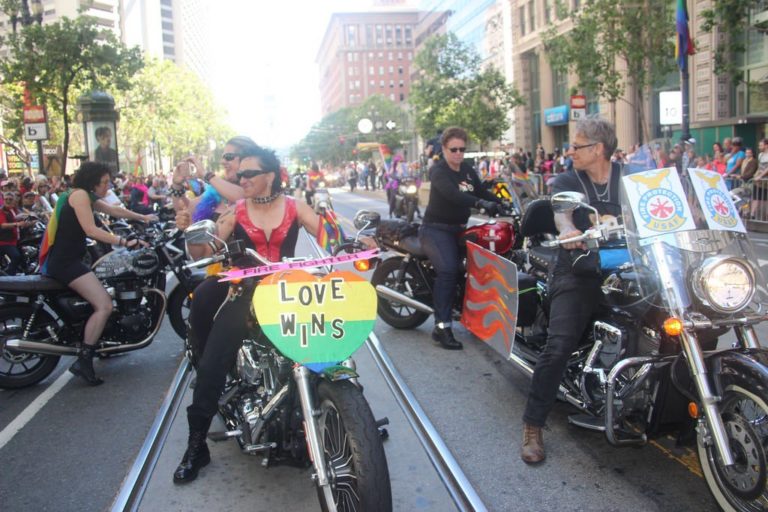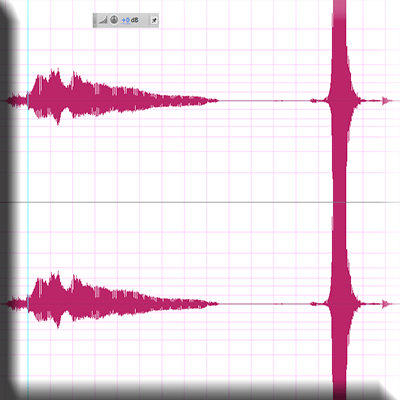Noise plays a specific role in the politics of protest. The use of motorcycles to display affiliations, to protest status quo, and to challenge dominant ideologies is powerful, purposeful, and politically messy. In this essay, I trace the use of motorcycles in various modes of protest; I focus on how motorcycles disrupt the social, revealing the indelible charge of sensorial codes of meaning of producing noise—the productive process of drowning out voices, the turning up the volume of dissident perspectives such as how the San Francisco Dykes on Bikes established a sonic audibility in the 1970s to the recent off-duty motorcycle policemen who through using the loudness of their motorcycles protested Death penalty opponents, to the Patriot Guard Riders who mask the bullhorns of the Westboro Baptist Church protests.
Keyword: noise
Between Meaning and Becoming: Some Introductory Notes on Queering the Noise
In different ways, the body of texts collected in this thread comprise a multimodal engagement with the intersection of queerness and aurality. In both format and formal characteristics, many of the included texts inhabit liminal generic spaces and hybrid media forms, continually threatening to push beyond existing format categories and, in doing so, continually gesture towards the perpetual coming-into-being that characterizes sound.
I STAND IN RUINS BEHIND YOU: QUEER TACTICS OF NOISE
Daniel J Sander’s article specifically takes up noise as a tactic that enacts “the stigmatizing cut of queerness” in ways that take up contamination, fragmentation, abjection, and melancholia as modes of queer subjectivity and sociality. By tracing the echoic afterlives of Foreigner’s “I Want To Know What Love Is” in explicitly queer texts, Sander links the aural contamination of the original song to practices of queer world-building and self-making that inhabit those spaces which cannot be redeemed by the logics of capitalist production and reproductive futurity.

